Our rigorous academic programmes ensure that all students are equipped with the tools and knowledge they need to become effective and influential members of our society. Our holistic approach recognises the roles of all stakeholders in the academic journey – students, parents, and staff – to ensure that Wynberg boys are fully supported to achieve academic excellence.
accounting
Managers and investors alike must understand that accounting numbers are the beginning, not the end, of business valuation.
Warren Buffett
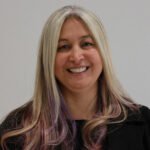
Ms Lisa Brady
Head of Accounting
“Consisting of Financial Accounting, Managerial Accounting, and Management of Resources, the primary focus of the subject is initially on basic concepts and book-keeping, as well as procedures needed to maintain good internal control within a company. However, as the students progress the focus moves away from book-keeping to analysis and interpretation. By matric, students are able to analyse and interpret real-world financial results of public companies listed on the JSE. Time is also spent examining ethical practices, forecasting and budgeting, and a variety of other topics.
Regardless of future career choice, a solid understanding of Accounting will always benefit you as you will be able to apply the knowledge in your personal life. Given the need for entrepreneurs in SA, with some understanding of the mechanisms of finances, Accounting assists in making students real-world ready. While Accounting is not required for any university courses, it does provide a valuable insight into the accounting processes used in business and offers many useful, practical applications.”
Accounting is a useful foundational skill that will enable better understanding and access in multiple fields in the working world. The Wynberg Accounting Department provides a digital learning environment for prospective students. This exposes them to exciting new, and increasingly fast-paced, digital techniques and current business methods. Students are taught relevant skills, and how to quickly interface with a progressively more digital workplace.
This unique approach sets our boys’ apart from all other schools, leveraging this early experience to give our boys’ the advantage over their peers the moment they enter the business world.
afrikaans
Byna alle skryf is droomskryf. Skryf is die oopgaan van n landskap wat altyd nog aanwesig was en elke keer, alhowevel soms beklemmend bekend, weer ondek word.
Breyten Breytenbach
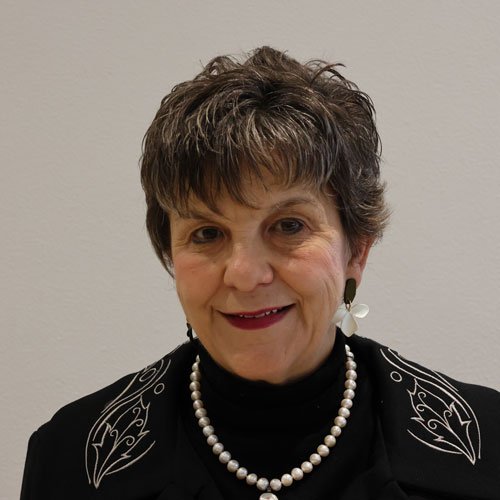
Ms Renette Spammer
Head of Afrikaans
Learning Afrikaans as a First Additional Language should enable students to:
- Discover the power of language skills and enhance your ability to communicate precisely and aptly, considering your audience, purpose, and context.
- Develop the capability to confidently and enjoyably listen, speak, read, and write in a foreign language.
- Use your additional language to explore your self-identity and the world, expressing your experiences and discoveries.
- Leverage your language proficiency as a tool for critical and creative thinking, articulating your views on ethical matters, critically interacting with diverse texts, and reading for enjoyment, research, or critique.
Afrikaans is one of our 11 official languages, and is widely spoken in the Western Cape. Linguistics is vital in todays multicultural societies, where we see increasingly global working environments. Students who speak more than one language are primed to enter today’s competitive job market, and will find themselves at an advantage in society. Students planning a career in human resources, medicine and public service would certainly benefit from being able to communicate in Afrikaans, not to mention enjoying lifelong access to a wonderful body of literature and culture.
At Wynberg Boys’ High School the Afrikaans culture, knowledge and creativity form an indispensable part of our teaching. We seek to develop boys skills’ in the Afrikaans language under an inclusive, contemporary and dynamic approach.
Civil Technology Construction
We shape our buildings; thereafter they shape us.
Winston Churchill
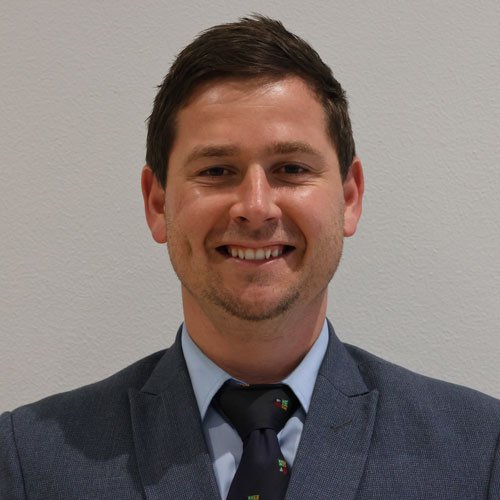
Mr Stefan Potgieter
Head of Civil Technology Construction
Civil Technology Construction focuses on concepts and the technological processes in the building environment, embracing practical skills and the application of scientific principles. This subject aims to create and improve the built environment to enhance the quality of life of the individual and society alike and to ensure the sustainable use of the natural environment.
Knowledge of subject principles, combined with applied skills, equips students with a unique set of skills, placing them apart from other students in a category much desired by industry, tertiary institutions, and entrepreneurs. Students with Civil Technology Construction as a subject fare markedly better during the first two years at tertiary level when studying engineering than students without this background, giving them an advantage over their peers.
Wynberg Boys’ High School offers Construction as an elective subject for students, focusing on concepts and technological processes in the building environment.
This subject is part of the selection students can make when they reach Grade 10, the first year of a three-year National Senior Certificate course.
creative arts
"Art enables us to find ourselves and lose ourselves at the same time."
Thomas Merton
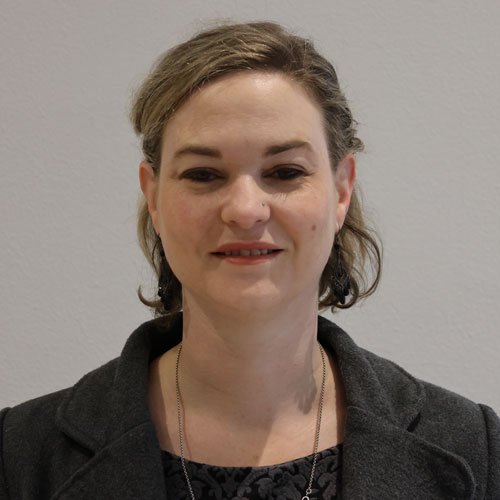
Mrs Tracey Brandt
Head of Creative Arts
The Wynberg Boys’ Creative Arts Department offers Drama and Visual Art components for learners in grades 8 and 9. These learners are given the opportunity to explore either, or both, of the Creative Arts components.
Creative Arts encourages leaners to improve their communication, performance and social skills, allowing them to develop their creative aspect in an introspective and supportive environment. These skills will provide a valuable support for students giving presentations, orals, house plays and when presenting other visual or acoustic performances. Classes and exercises are designed not only to be academically stimulating, but also fun and involved for the learners. We aim to develop creative, original, confident, expressive and innovative individuals.
Whether it’s on stage, in the studio, or behind the lens, creativity flourishes, igniting a lifelong love for the arts and nurturing the next generation of visionary creators.
The compulsory Drama component encourages students to grow both individually and in groups in order to develop their performance, communication, and social skills. These skills help them with formal presentations in school (orals), house plays, and any sort of performance (whether they are performing musically or verbally) in order to pave a path of confidence on their exciting journey to adulthood.
digital electronics
We now accept the fact that learning is a lifelong process of keeping abreast of change. And the most pressing task is to teach people how to learn.
Peter Drucker

Mr Stephan Pretorius
Head of Digital Electronics
“Digital electronics, a branch of electronics, focuses on the processing of digital signals. Unlike analog electronics, where information is represented in a continuous range, digital electronics uses discrete values to represent information. This field underpins much of the modern world’s technology, from computers and mobile phones to digital cameras and household appliances.
Digital electronics is a fundamental technology that has enabled the development of the digital age. Its principles and applications are central to the design and operation of modern electronic devices, shaping the way we live, work, and communicate.:
Digital electronics find applications in various fields, including:
- Computing Devices: Computers, laptops, and tablets all operate based on the principles of digital electronics.
- Communication Devices: Smartphones, modems, and routers use digital electronics to process and transmit data.
- Consumer Electronics: Televisions, digital cameras, and music players rely on digital circuits for their functionality.
- Industrial and Automotive: Digital sensors, controllers, and automation systems are widely used in manufacturing and automotive applications.
economic & management sciences
The ultimate purpose of economics, of course, is to understand and promote the enhancement of well-being.
Ben Bernanke

Mr Andries Bezuidenhout
Head of EMS
“Economic Management Sciences – which forms part of our Department of Commerce – is taught in Grades 8 and 9 and covers the fundamentals of both Economics and Accounting. Both are important subjects to open many job opportunities in the corporate world – having EMS as a broad base of knowledge into the business world is extremely beneficial for students, particularly those wishing to study Business degrees after school.
Half the year is spent learning pure economics e.g. demand and supply, international trade, etc. and the other half is spent learning about Accounting. There is a wide array of online assessment materials the students can use to test themselves. The Accounting module makes extensive use technology applications to make the learning fun, remotely accessible, and instantly interactive.”
Economic Management Sciences is taught in Grades 8 and 9 and covers the fundamentals of both Economics and Accounting, enabling learners to easily transition into those respective subjects in senior years. Economics and Accounting are both vital subjects which open up many job opportunities in the corporate world; having EMS as a broad base of knowledge into the business world is extremely beneficial for learners, particularly those wishing to study business degrees after school.
The boys learn economic fundamentals, such as supply and demand, international trade, practical accounting applications and solutions. The subject makes extensive use of technology – learners are upskilled in advanced excel spreadsheet applications that makes the learning interactive, as well as directly applicable in day-to-day working environments. A wide range of digital assessment materials are available for learners to access, learn and test themselves.
economics
Economics is everywhere, and understanding economics can help you make better decisions and lead a happier life.
Tyler Cowen
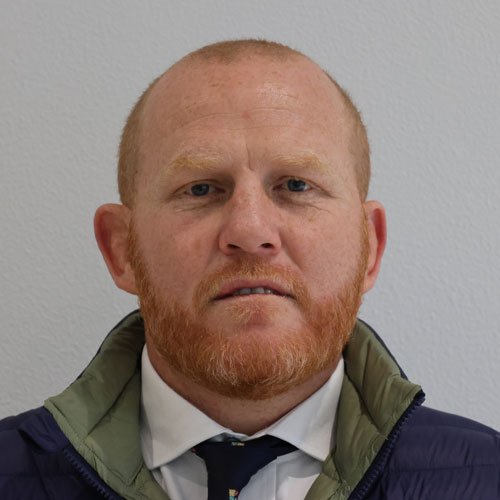
Mr Andre van Vuuren
Head of Economics
At Wynberg Boys’ High School, Economics is an integral part of the curriculum. The subject covers a broad range of topics, including the price mechanism, international trade, and development economics, as described by the head of economics at the school[1]. This broad-based coverage equips students with the ability to understand their role in society and make informed career choices. Furthermore, the course demands mathematical proficiency and the capability to express information through essays
In the General Education and Training phase, specifically in Grades 8 and 9, the school offers Economic Management Sciences. This subject lays the foundation for both Economics and Accounting, preparing students for the more advanced topics they will encounter in the later grades
For the National Senior Certificate course, students are required to choose seven subjects, with Economics being one of the options. After completing the course, students will have the skills to analyze resource allocation, understand market dynamics, and assess the impact of institutions on the economy.
Wynberg Boys’ High School offers a comprehensive Economics program aimed at equipping students with the knowledge and skills to understand and engage with economic principles and real-world issues. The subject is designed to prepare students for further academic pursuits and to make informed decisions in the realm of economics.
Engineering, Graphics & Design
Engineers like to solve problems. If there are no problems handily available, they will create their own problems.
Scott Adams
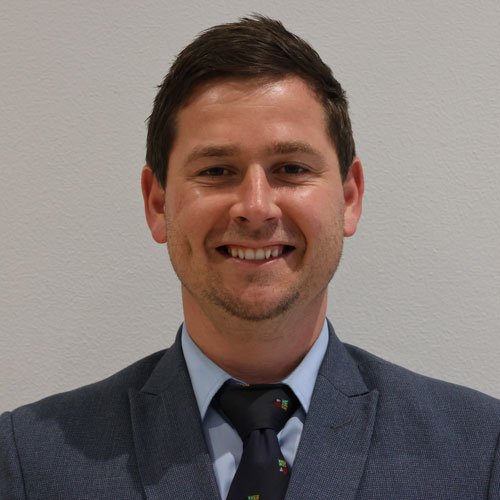
Mr Stefan Potgieter
Head of Engineering, Graphics & Design
Engineering Graphics and Design provides learners with the tools and techniques used to create and communicate complex concepts or components through technical drawing. Technical drawings are used in multiple industries to quickly convey important information to relevant parties, a skill vital in today’s fast paced and technically challenging work environments.
Our classes provide learners with the techniques to listen, read and digest complex tasks and information, critically review and then report relevant information through the medium of technical drawings. This will enable them to reason independently and critically through the use of mathematical and written language.
Engineering Graphics and Design does not only give students the skills necessary to do well in their further education, but it also serves as a bridge between high school technology and University Engineering. Many engineering students from various Universities and colleges have stated that Engineering Graphics and Design helped them do well in their first years of engineering.
Engineering Graphics and Design is a refined subject, one where concentration and attention to detail are apparent and one which pushes students to their limits. With these characteristics, along with the a good deal of patience, a student would succeed in not only the subject but also his future endeavours as a student who studies Engineering and Graphics Design is far more equipped, determined and resolute in his future studies.
English
Poetry is a mirror which makes beautiful that which is distorted.
Percy Bysshe Shelley
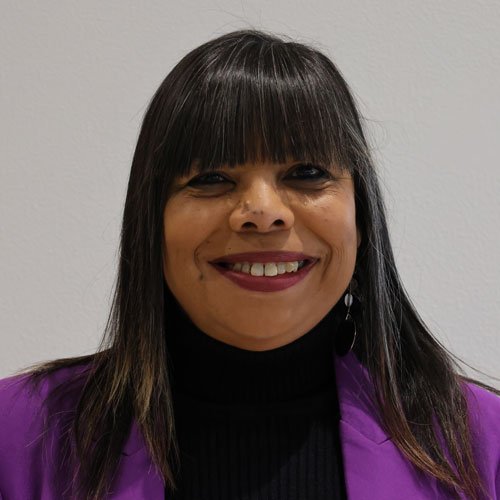
Ms Jocelyn De Mink
Head of English
The aim of the English Department at Wynberg Boys’ High School is to produce boys who are literate, articulate and independent and who are critical thinkers; able to analyse and respond to any text and hold their own in any university humanities degree.
By creating a vibrant and exciting learning atmosphere and by maintaining a good working environment and disciplined work ethic, the English Department is striving to equip our young men with the means to understand the world around them and communicate effectively. Through careful selection of set workbooks and poetry, the English Department ensures that the boys are exposed to challenging literature that is relevant but at the same time of a high literary standard.
“All students study English Home Language. The subject consists of the four basic elements of English: Writing, Reading, Speaking, and Listening. In addition, we cover a range of Grammar topics, carefully laid out in a set of 14 booklets developed by one of our own staff members. These booklets are covered in Grades 8 and 9, providing students with a firm foundation necessary for the more complicated and abstract work to follow.
In addition to grammar, every Grade covers setworks in literature and poetry, selected by the English Department and by the Department of Education for Grade 12. We cover a wide variety of genres from modern day fantasy to the classics. There is also a Film Study module in Grade 10 for the aspiring film-makers in our midst.”
Geography
Geography is a knowledge which is necessary to the well-understanding of the history of nations, as well as their situations relative to each other.
William Playfair
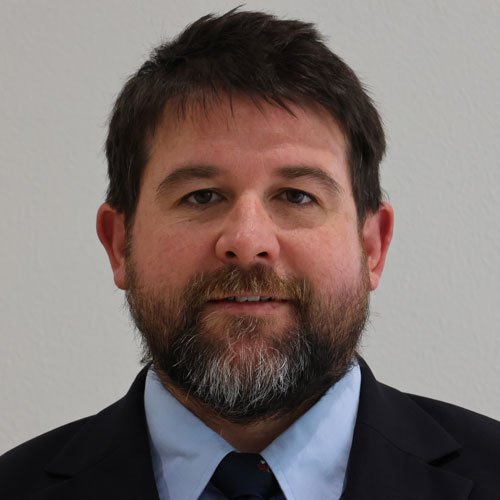
Mr Josh Bassett
Head of Geography
The study of Geography equips young people to understand and react in a constructive and positive way to world issues such as water shortages, power failures, global warming, clouds of volcanic dust, weather extremes, floods, droughts and landslides. We try to reinforce what is learnt in the classroom by visiting places of geographical interest and doing fun, practical activities. Our aim is to make the varied subject of Geography relevant, exciting and enjoyable.
The central aim of the Geography Department is to make the study of Geography worthwhile and relevant to the students. Geography creates a platform from which students are able to interpret, analyse and understand relationships which happens in their everyday lives. Geography is linked to the natural phenomena occurring worldwide and provides students with the knowledge and understanding to reason why natural disasters and climatic changes occur.
The study of Geography provides a student with useful knowledge and a variety of skills which can help him formulate opinions on many issues affecting modern society. Besides learning valuable information regarding geographical processes that shape the world around us, students also acquire a number of useful skills including data analysis, research and problem-solving techniques, map work skills, and the ability to interpret various geographical understandings of the world.
History
We are not makers of history. We are made by history.
Martin Luther King, Jr.
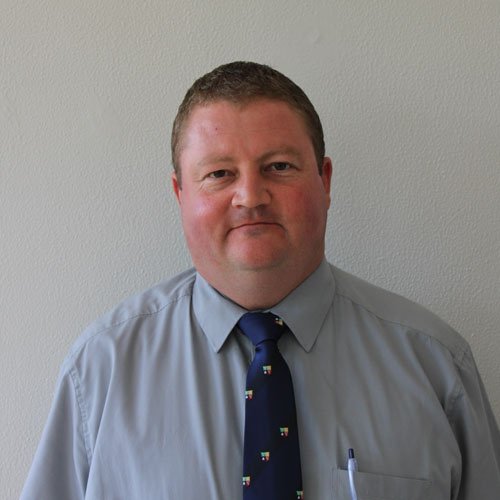
Mr Simon Sonderup
Head of History
With consistently high achieving students, our History Department is a proud member of the academics team here at Wynberg Boys’ High School. We take pride in our multifaceted approach which teaches historical developments taking into account and responding to developments as they occur in our society, allowing the teaching of history at Wynberg to be a dynamic, ever changing experience.
Teaching strategies include group discussions, class debates and oral presentations. Source interpretation, analysis of evidence, assessment of bias, working with visual as well as written and oral sources, constructing logical arguments and using computer technology are skills central to history. These skills are of value in a wide range of occupations, especially in politics, journalism and law.
“Study the past if you would define the future” – Confucius. History is tailor-made for any individual with an insatiable desire for an understanding of modern-day local and global current affairs and politics. Those who love to travel, to read Time Magazine and National Geographic, to watch 24-hour news channels and to engage in fireside debates will find History richly rewarding as topics ranging from the state of the nation to the on-going crises in the Middle East, and the influence of the US President on global affairs receive in-depth analysis, discussion and focus. History is, in essence, the proverbial thinking man’s subject and will enable young men to assume an informed role within ever evolving contemporary society.
Information Technology
Computer Science is the operating system for all innovation.
Steve Ballmer
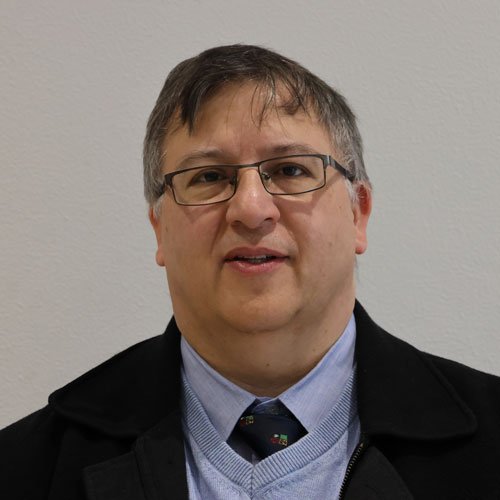
Mr Mariano Badiali
Head of Information Technology
Information Technology is the study of the various interrelated physical and non-physical technologies used for the capturing of data, the processing of data into useful information, and the management, presentation and dissemination of data. Information Technology provides the skills necessary to thrive in an ever changing world. Providing both coding and computational skills as well as developing critical thinking abilities, Information Technology enables boys to better understand the world.
Our classes are designed to be accessible to all types of learners, doing so through creative and innovative teaching methods. In a society where technology governs almost all aspects of industry and personal life, a thorough understanding of how that technology operates is paramount. As professionals, software developers are highly sought after and we are confident that Wynberg Boys’ receive a thorough education in Information Technology, equipping them with an advantage as they move forward.
We live in a complex world, one in which technology plays a major role with ever more jobs requiring computer skills, with competition for the jobs of the future will only increase in a world where technology integrates into every part of one’s personal and professional life. IT involves both coding and computational skills, nurtured in our creative and innovative classes where students are taught advanced computational skills as well as all-important critical thinking techniques.
The IT syllabus is made up of Practical and Theoretical modules. The practical half of the syllabus is based on learning how to program in Delphi which requires analytical, logical and problem solving skills. Students are taught Java as a programming language as part of the IT enrichment programme and have the opportunity to create and develop their own software as part of their performance assessments
IsiXhosa
Language is the road map of a culture. It tells you where it's people come from and where they are going.
Rita Mae Brown
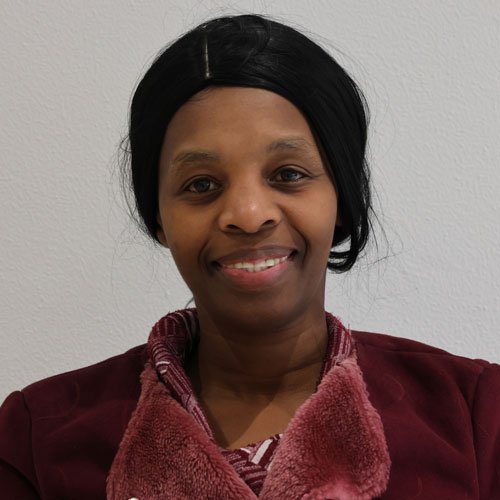
Ms Thabisa Ntsadu
Head of IsiXhosa
One of the most widely spoken official languages of South Africa, IsiXhosa is a historical and deep rooted part of our very culture. It is a Bantu language with click consonants and is a tonal language, and is taught to learners who speak IsiXhosa as a home language. All instruction is given in IsiXhosa and learners are expected to participate fully in IsiXhosa. This holistic approach immerses learners in the language, ensuring maximum advantage in their classes and learning. By taking IsiXhosa as a First Additional Language learners place themselves in an advantageous position in relation to their future opportunities, by strengthening their viability as a candidate in the job market.
We are motivated to develop pupils who are not only intent on achieving good results, but also contributing to the wider community. Our languages have great currency, and provide opportunities for students who are proficient in them.
The expectation is that students already have the ability to speak the language, with instruction in Xhosa. Students learn language structures at a higher level than as a third additional language with different forms of cultural and traditional language links taught. The rich idiomatic phrases of the Xhosa language are also be covered.
Students are expected to study literature until Grade 12, including novels, drama, and short stories. Three exam papers are written: a Language paper, a Literature paper with the third paper as Creative Writing. The advantage of learning Xhosa as a language for mother-tongue Xhosa speakers is that it increases their level of understanding, writing and reading skills whilst at the same time introducing them to the rich heritage of the language.
Life Orientation
Knowing yourself is the beginning of all wisdom.
Aristotle

Mrs Roxane Groenewald
Head of Life Orientation
Life Orientation promotes the values, attitudes and skills all our boys need to succeed in life. One of the four core subjects taught at Wynberg Boys’ High School, it seeks to facilitate the holistic development of all our learners. The skills learned in Life Orientation contribute to improved self-esteem, help our students cultivate interpersonal skills and teach them how to promote and show respect for cultural diversity and healthy lifestyles. Our courses are structured around the following core themes; personal growth and development, relationships, spiritual development and beliefs, rights and responsibilities, life and decision making skills, career and other opportunities, health promotion, human movement and physical activity.
This subject provides the opportunity for discussion and critical thinking about important life issues. It allows for the use of multiple intelligences and provides the opportunity for all boys to excel.
Life Orientation is one of the four fundamental subjects offered during the FET phase. It is a continuation of the foundation laid down in Grades 8 and 9 and is one of the more challenging learning areas that looks at our boys’ holistic development. We look at positive development where the boys will be engaging in lifelong skills, values, attitudes, and the knowledge to enable them to use these tools to make informed decisions.
The subject comprises focus areas: Life Skills, Physical Education, Health Education, Religion Education, World of Work, Human Rights Education, and Personal Development. All of which combine to realise the involvement of all boys in holistic learning as a lifelong experience aimed at contributing to an improved self esteem, cultivating interpersonal skills, showing respect for cultural diversity and promoting healthy lifestyles.
Life Sciences
Biology gives you a brain. Life turns it into a mind.
Jeffrey Eugenides
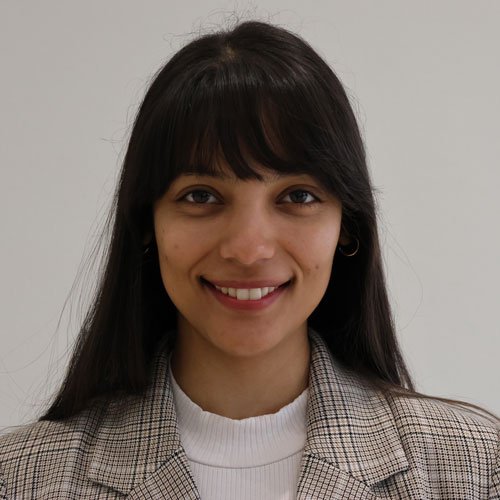
Ms Lauren Cleophas
Head of Life Sciences
Life Sciences allow students to develop an interest in, and passion for, the study of organisms and their organisation, life processes and relationships to each other and their environment. This discipline is dynamic, interesting and stimulating, and teaches a wide range of skills that can be employed in many different careers.
Our state-of-the-art laboratories and equipment enable us to prepare our students for the rigorous demands of tertiary education. The curriculum and the style of teaching have been adapted to cope with increasing knowledge and advances in technology, giving our learners the ability to consider these latest advances.
The study of life sciences is vital for any learner wishing to move into a Science or Medical degree at University, and we are confident that Wynberg Boys’ receive an education which provides them with a strong foundation for these courses.
By the end of Grade 12, students should have acquired a thorough understanding of important life processes in plants and animals, the ability to use the correct methodology required in proper scientific investigation, research skills, an understanding of the major issues confronting our society, and the role that they can play in solving many of society’s pressing problems.
A very strong argument can be made that by addressing and solving these problems (for example the spread of viral diseases, starvation, under-nutrition, global-warming, over-population, loss of natural resources, type II diabetes, obesity) will largely be solved by research in areas as biotechnology, virology, ecology, marine biology, and genetics — all of which are inextricably linked to Life Sciences.
Mathematics
Pure mathematics is, in its way, the poetry of logical ideas.
Albert Einstein
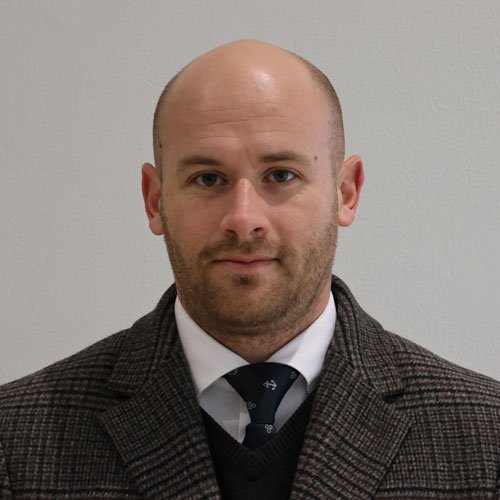
Mr Benjamin Wiley
Head of Mathematics
Our department is dedicated to helping boys develop an appreciation and understanding of the profound relevance of mathematics in the many spheres of life. Equipping boys with a through understanding of the foundations of mathematics, our Department is committed to helping boys realize their full potential in mathematics. We offer afternoon programmes for talented junior leaners to extend themselves through an enrichment program and we also offer specialised support to struggling learners.
Mathematics enables boys to approach problems with confidence and allows them to discover methods that work for them, equipping them with techniques, knowledge, skills, values and attitudes for self-fulfilment and growth.
Students are encouraged to participate in our annual inter-school mathematics competitions.
One of the 8th subject electives Grade 9 boys are able to choose for their Grade 10 year is Maths Support. In these lessons current syllabus work is taught, but where there are clear areas of missing skills from previous grades, these are revisited in order for the students to move forward. Although the emphasis is on helping and the environment more relaxed, these sessions are taken as seriously as any other class. The onus is placed on the students working with the teacher facilitating the process, whether in groups or individually to build student confidence in tackling problems when it comes to formal assessments.
Music
Music gives a soul to the universe, wings to the mind, flight to the imagination and life to everything.
Plato
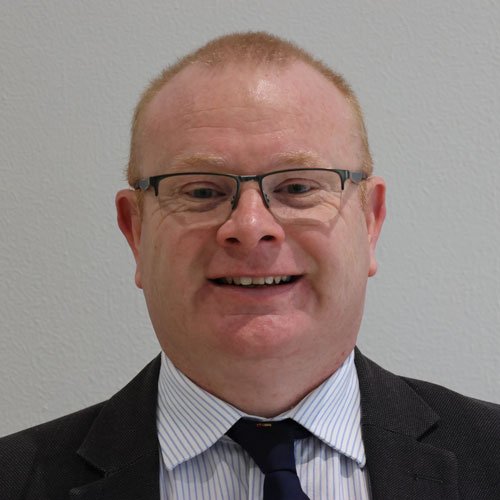
Mr Richard Haigh
Head of Music
Music is offered to all learners, offering a curriculum that is broad and interesting, including elements such as jazz, contemporary music, improvisation, composition and arrangement, ensemble playing, world and South African music, as well as Western classical music.
Creative outlets such as music allow learners to express themselves, and teach them to communicate through various mediums. We seek to teach learners how to apply knowledge of music in creation, performance, and an appreciation of music, apply creative problem-solving through performance, composition and analysis of musical works and we further promote artistic expression through a variety of musical styles, ultimately creating an environment where student’s love for music is stimulated and encouraged.
When taking music as a subject the student will:
- Develop performing skills to demonstrate an understanding of musical elements, style, interpretation and expression;
- Develop composing skills, imagination and foster creativity;
- Develop awareness of music technologies and their use in the creation and presentation of music;
- Engage with and appreciation of the diverse heritage and history of music in order to promote personal, social, intellectual and cultural development;
- Learn to work with others as music requires teamwork as part of an ensemble, band or orchestra.
Natural Sciences
To raise new questions, new possibilities, to regard old problems from a new angle, requires creative imagination and marks real advance in science.
Albert Einstein

Mr Joshua Stevens
Head of Natural Sciences
Natural Sciences, offered to grade 8 and 9 leaners, establishes the foundation upon which learners progress to life sciences and physical sciences in their senior years. It provides boys with the opportunities to explore science in a hands-on manner at their own pace, while obtaining the scientific skills required to proceed to senior-level Physical Sciences and Life Sciences.
By establishing a firm foundation in these scientific discipline learners are optimally equipped to progress to further sciences with a firm understanding of the basic concepts needed to succeed in those disciplines.
Natural Sciences is a subject that essentially prepares students to succeed in Physical Sciences and/or Life Sciences. This means that the subject content is designed always to be interesting! In Grade 8 the content covers topics including environmental issues, introductions to chemistry, electricity, visible light and the structures in the solar system and beyond. In Grade 9 the content covers topics including the human body systems, chemical reactions, forces, the Earth as a system and the birth, life and death of stars.
Naturally, these topics encourage learners to ask questions and think critically, both qualities essential to the scientific mind.
Physical Sciences
Nothing has such power to broaden the mind as the ability to investigate systematically and truly all that comes under thy observation in life.
Marcus Aurelius
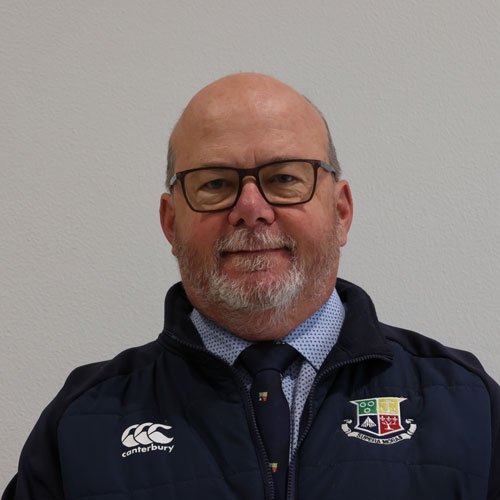
Mr Graham James
Head of Physical Sciences
The Physical Sciences challenge, enthral and satisfy the curiosity of the current generation of teenagers. Students are taught in modules by the members of the science Department, cover three week blocks that cover the various component of the science curriculum. They are also allowed to choose two short elective modules during the year, where they may choose to learn about topics that go beyond the syllabus, such as astronomy, the science of cooking, computation physics and quantum mechanics. In their matric year, the students are assigned to a teacher’s class, as they focus their preparation for their final exams. Throughout the year, all science students sit in on lectures by outside experts in fields such as forensics and space weather.
The facilities available for our boys to learn Science are modern and cutting edge, and practical work forms a large part of the curriculum, allowing learners to enhance their understanding of scientific concepts.
Physical sciences provide the foundation for students to ask the big questions about the nature of the universe, from the scale of atoms and quarks all the way up to our own galaxy, and everything in between. Students will learn to understand the hidden workings of the world around them, communicate their ideas in a scientific context, conduct experiments, analyse data and draw meaningful conclusions, think creatively about real-world problems, and understand the role that science and technology plays in today’s world.
The subject is divided between physics and chemistry, with many opportunities for students to perform experiments for themselves in both disciplines. While it is important for students have a basic competence in mathematics, curiosity is essential, and students are encouraged to ask the questions which are the very nature of scientific inquiry.
Technology
Let’s go and invent tomorrow, instead of worrying about what happened yesterday.
Steve Jobs

Mr Stephan Pretorius
Head of Technology
Technology is offered to grade 8 and 9 learners. It strives to teach learners a wide range of skills and knowledge from four trades, namely Woodwork, Fitting and Turning, Electrical and Motor Max. The subject offers both practical and theory elements and is aimed at equipping boys with skills and knowledge that they will be able to use in everyday life. Boys are encouraged to think critically about creative and manual problem solving, giving them the ability to develop crucial 21st century critical skills and literacies.
By offering Technology to grade 8 and 9 learners, boys are given the opportunity to gauge whether they would like to pursue a career in a mechanical field. This in turn helps them to correctly choose their subjects at the end of Grade 9. The curriculum is centred around the design process, processing, electrical, graphic communication, structures and mechanisms.
Technology strives to teach students a wide range of skills and knowledge from four trades, Woodwork, Fitting and Turning, Electrical and Motor Max. The subject has practical and theory elements and is aimed at equipping boys with skills and knowledge that they will be able to use in everyday life.
Technology also gives students the opportunity to gauge whether they would like to pursue a career in a mechanical field. This in turn helps them to correctly choose their subjects at the end of Grade 9.
Visual Arts
Creativity takes courage.
Henri Matisse
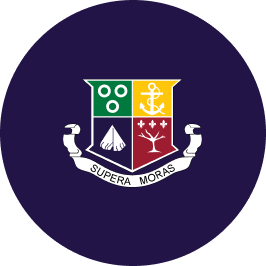
Ms Ané Lategan
Head of Visual Arts
Visual Arts develops creativity and thinking skills, useful skills in the modern world, which requires creativity to help develop solutions to problems. Studying Visual Arts and acquiring visual literacy prepares our boys to pursue a variety of careers, including architecture, advertising, interiors, fashion, graphic design, gallery management and curatorship.
Visual Arts provides a balance in the curriculum, as both sides of the brain are developed. In the practical side of Visual Arts, we encourage self-expression. The boys develop both technical and conceptual thinking skills. Visual Culture Studies is the theoretical component of the subject, which connects with our cultural past. We study prehistoric art through to the Renaissance, contemporary and African art. This gives the boys a wide knowledge of visual culture and the debates surrounding it.
Visual Arts covers a broad field of creative practice that involves the hand, the eye, the intellect and the imagination in conceptualising and creating two and three-dimensional artworks, objects and environments which reflect the aesthetic, conceptual and expressive concerns of individuals or groups. The subject is about self-expression and offers learners a way to engage meaningfully with, and respond to, their world. Art enhances many other fields such as Science, Information Technology and Mathematics. The internet has created an explosion of opportunities for digital designers and multi-media artists. Students are encouraged to explore traditional and contemporary media such as Instagram, Photoshop video, installation work and incorporate this into their projects. Fine artists can reach a worldwide market at the click of a button by posting works online – creating their own website or joining existing websites.
The Latin motto of Wynberg Boys’ High School is “Supera Moras,” which translates to “Overcome Difficulties”. In the context of the Wynberg community, it is often interpreted as “A Wynberg Man Never Gives Up.” This motto encourages every Wynberg student, collectively referred to as “Wynberg Men,” to constantly strive for greatness and to persist in the face of adversity.
Wynberg Boys’ High School is committed to providing opportunities for our students to pursue excellence in all aspects of education – academic, cultural, and sporting – and for our students and staff to enjoy as safe a working and learning environment as possible.
The school further promotes a responsibility of service to our broader community, a commitment to unity from diversity, and an ethos of relevant citizenship.
At the end of a student’s school career, he must be able to take his place proudly and responsibly in South African society.
